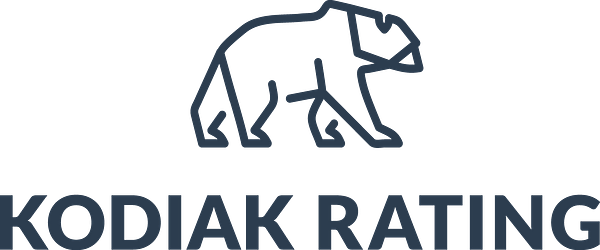News -
You’re not sourcing so Sustainably after all…
Stanford’s researchers published a paper earlier this week, exposing the lack of ethicality that occurs within ‘sustainable sourcing practices’.
A survey was the basis of scientific discovery, in which the paper’s thesis was built upon. 449 global – publicly listed – organizations were analyzed from three major business sectors: food, textile and wood-production.
Immediate findings showed that half of these organizations have implemented, and taken action within, a sustainable sourcing strategy. These strategies include some sort of supplier development, compliance, governance or training to ensure sustainable practices in the extended areas of their supply chains.
The following findings were rather shocking…
- “More than 70 percent of sustainable sourcing practices cover only a subset of input materials for a given product. For example, a company might use recycled materials for the packaging of a product, but leave the remainder of a product’s upstream impact unaddressed.
- Only 15 percent of sustainable sourcing practices focus on health, energy, infrastructure, climate change, education, gender or poverty” (Stanford.edu).
Of the sustainable sourcing practices that were analyzed, more than a quarter applied to only a single product that the company sells. Meaning, many companies market themselves as having fair-trade, and sustainable, sourcing present within their procurement activities, but the reality is that they may only have one fair-trade product. The rest of their product-line may not be fair-trade what so ever (Supply Chain Dive 2018).
As disconcerting as these statistics may be, there is hope in the fact that they’re being brought to the attention of businesses and consumers everywhere. As Kodiak Rating has reported before, sustainable procurement and sourcing isn’t sustainable at all if it’s built within the confines of a negative impact to man or planet.
Risk management is paramount in today’s visible marketplace. Sustainability has become an increasingly important element of managing supply chain risks. Yet, still, companies globally have had difficulty grasping the concept of ethicality as a KPI for supply chain performance. The health & safety, education, gender and poverty rights and infrastructure of a supply chain’s activities are equally important as environmental or profit focused risks. And, therefore, must be addressed with the same care.
Find out here, how Kodiak Rating helping global procurement teams enhance their responsible strategic sourcing practices with better digital solutions. We believe that procurement should be conducted with a higher value; to realize, responsible sourcing.
Topics
- Finance
